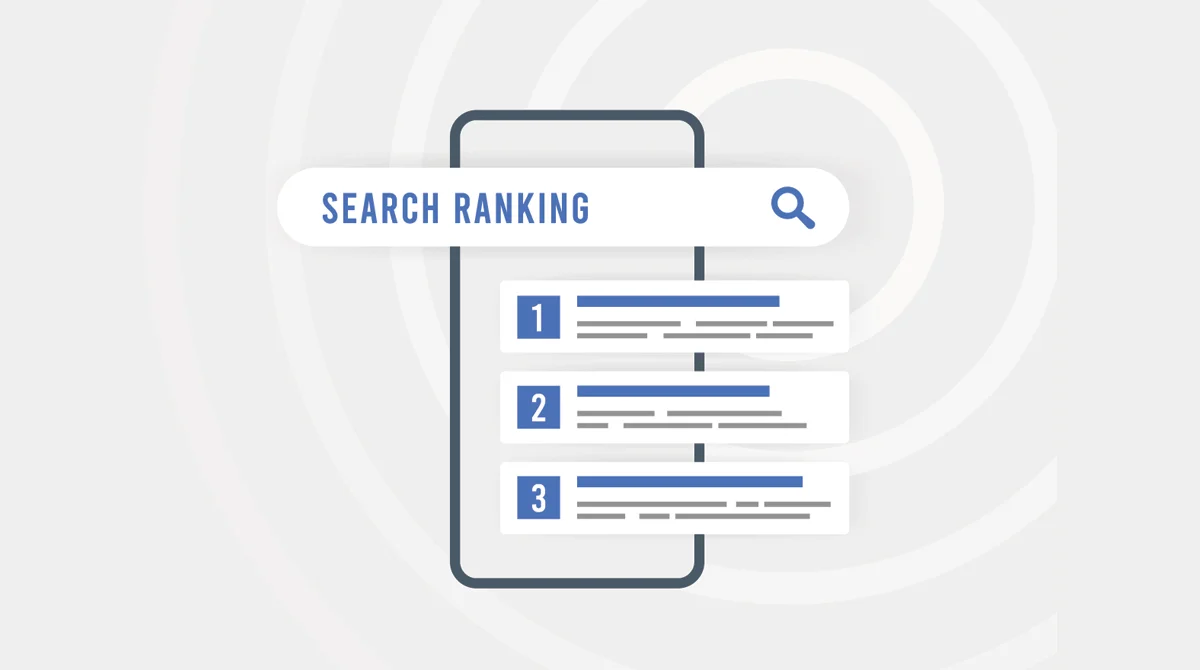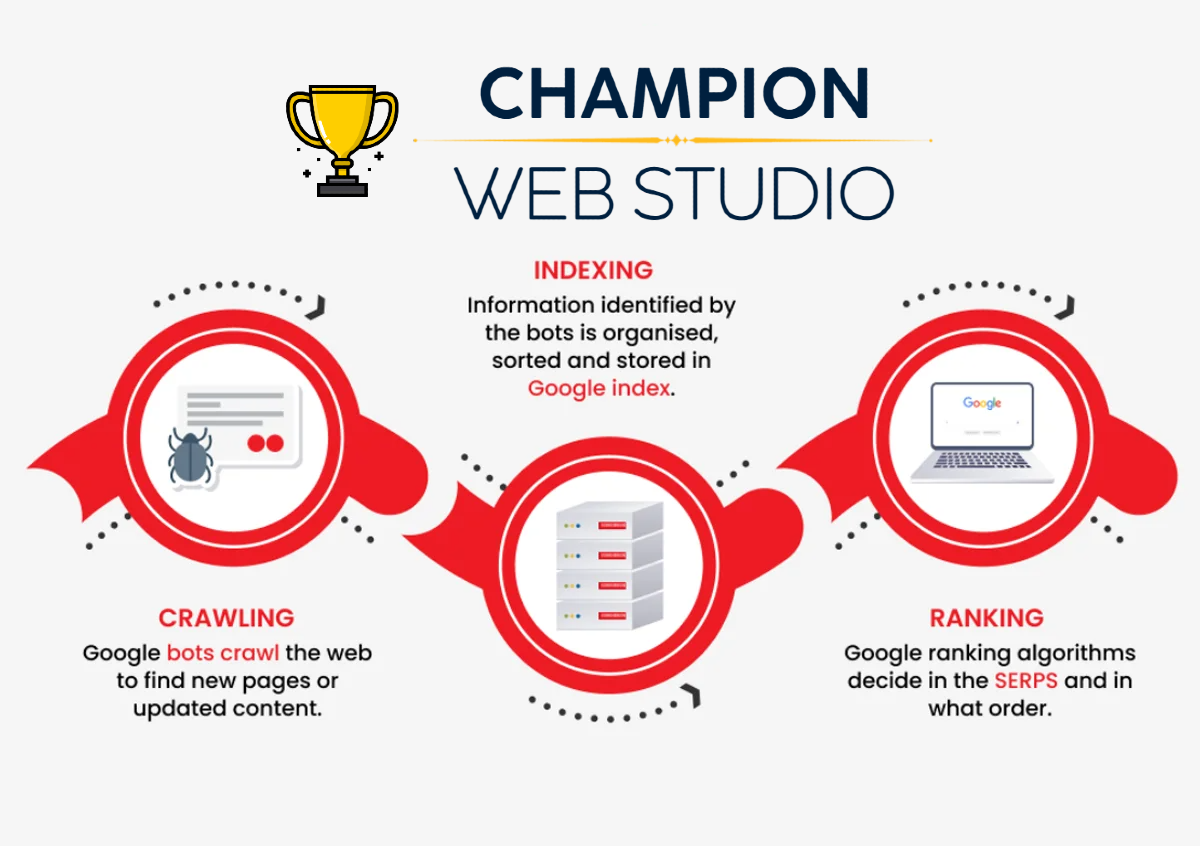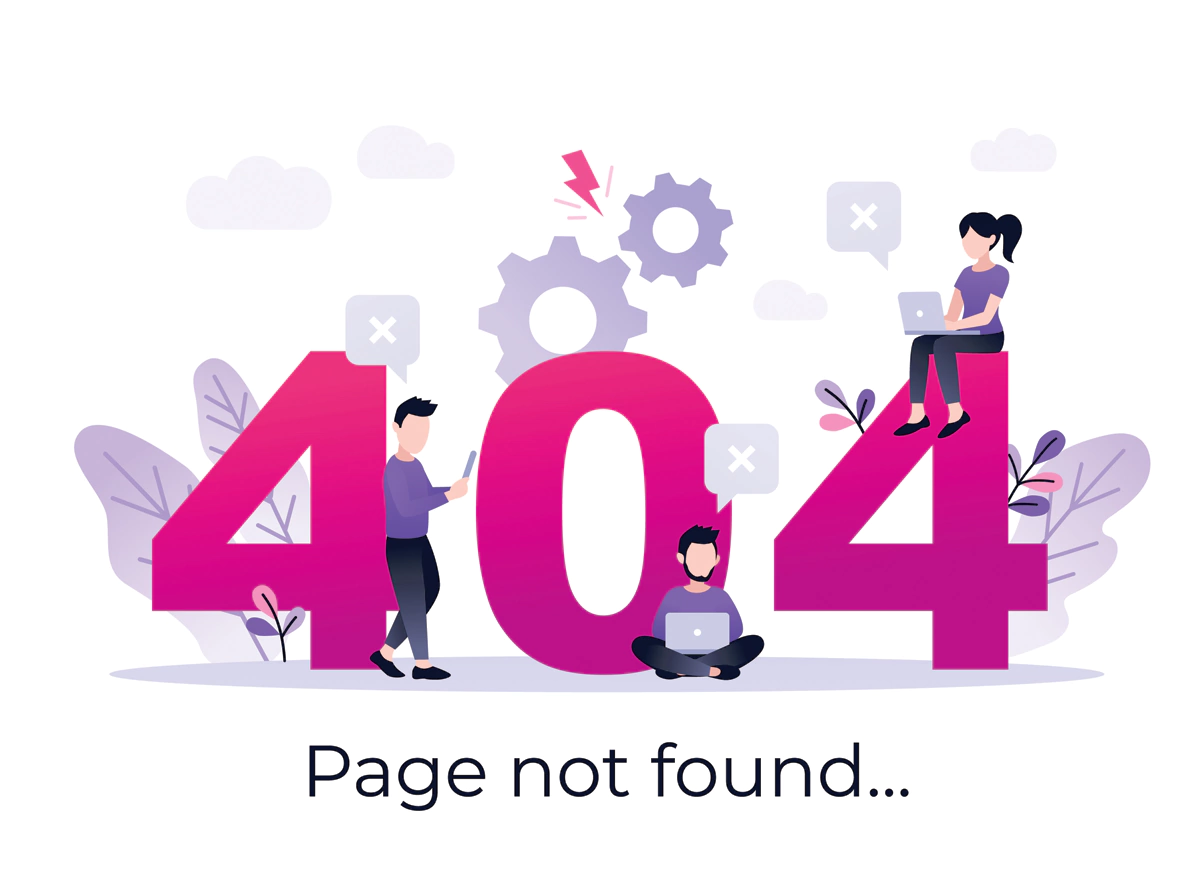
An Introduction to Search Engines
Why Some Websites Rank Higher Than Others
Have you ever considered why certain websites appear first in search results while others are hard to find? This difference can make or break businesses in a competitive market. Search engines—especially Google—help users find what they need online. If your site doesn’t appear in the top results, potential customers might never discover your business.
Search engines use complex algorithms to determine rankings. Factors like keyword relevance, page speed, and user experience are essential. Without optimisation in these areas, businesses may be overtaken by more search-savvy competitors.
You don’t need technical experience to begin improving your rankings. This guide explains how search engines work and provides actionable strategies to help you gain visibility, attract traffic, and grow your business.
What Are Search Engines?
Search engines are powerful tools that organise and deliver web content based on what users search for. They index billions of pages and return relevant results in seconds. Google alone handles over 3.5 billion daily queries—about 40,000 per second.
From Archie in 1990 to today’s AI-driven platforms, search engines have evolved dramatically. Below are major milestones:
- 1994: WebCrawler introduced full-text indexing.
- 1998: Google launched PageRank to evaluate link quality.
- 2009: Bing launched with visual search and integration with Microsoft.
- 2015: Google released RankBrain, using machine learning.
- 2019: Google implemented BERT for natural language processing.
- 2020s: AI and voice/visual search advanced significantly.
Types of Search Engines
- Specialised: Indeed (jobs), Kayak (travel)
- Academic: Google Scholar, Microsoft Academic
- Visual: Google Lens, Pinterest
- Privacy-focused: DuckDuckGo, Startpage
Example: Google’s Growth
- 1996: Project BackRub by Page and Brin
- 1998: Google founded with 25M pages indexed
- Now: 100B+ pages indexed, 90% market share, 200+ ranking factors
Major Features Timeline:
- 2001: Image Search
- 2004: Local Search
- 2008: Autocomplete
- 2011: Voice Search
- 2015: Mobile-first Indexing
- 2019: BERT Algorithm
Other Key Search Engines
- Bing (6% market share)
- DuckDuckGo (privacy-focused, 100M daily searches)
- Yahoo (3B monthly searches)
- Baidu (70% share in China)
- Yandex (dominates Russian market)
How Do Search Engines Work?

1. Crawling
Crawlers (like Googlebot) scan and index website content. They follow links to discover new pages and revisit updated content.
- Adaptive crawling based on content changes
- Respect robots.txt and server resources
- Processes JavaScript-rich content
- Mobile-first approach for indexing
2. Indexing
Indexing involves storing and organising page data for fast retrieval. Google’s index spans over 100 million gigabytes.
- HTML and content analysis
- Media (image/audio/video) interpretation
- Duplicate content detection
- Structured data and metadata handling
3. Ranking
Ranking determines the display order of search results using complex algorithms.
- Content: Relevance, keyword use, freshness
- Technical: Speed, mobile-friendliness, HTTPS
- User Experience: CTR, bounce rate, engagement
Related read: What Are Backlinks in SEO & Why Do They Matter?
Core Components of a Search Engine
1. User Interface
- Autocomplete, voice, image search
- Knowledge panels, local/business listings
- News and product carousels
2. Query Processor
- Natural language understanding
- Intent classification, spelling correction
- Personalisation using history/location
3. Database Management System
- Global data centres, real-time syncing
- Redundancy, caching, compression
- Sharded indexes for speed
4. Business Applications
- SEO and PPC marketing
- Content strategy and online reputation
- Trend and competitor analysis
5. Educational Purpose
- Research papers, citations, online libraries
- Remote learning and open courseware
- Academic collaboration tools
6. Personal Use
- Daily tasks like weather, health, and shopping
- Entertainment and lifestyle searches
- Product reviews and how-tos
How to Use a Search Engine Effectively
1. Basic Search Techniques
- Use precise keywords
- Include relevant filters (date, location)
- Assess source credibility
2. Advanced Search Techniques
- Use "quotes" for exact matches
- Use
site:for domain-specific searches - Use
filetype:for documents (PDF, DOCX) - Use
-to exclude keywords
3. Best Practices
- Start broad, then refine
- Use incognito mode for unbiased results
- Save or bookmark helpful queries
Partner with Champion Web Studio to Boost Your Online Presence
Understanding how search engines work is just the beginning. To truly thrive online, you need a strategic partner. Champion Web Studio specialises in building SEO-optimised, visually appealing websites that help your brand shine.
Whether your goal is better rankings, more traffic, or loyal customers, our team delivers real results through:
- Custom website development
- Domain registration and hosting
- Technical and content SEO
- Social media integration
- Ongoing analytics and support
Don’t let search engine challenges slow you down. Contact Champion Web Studio today and take the first step toward online success.





